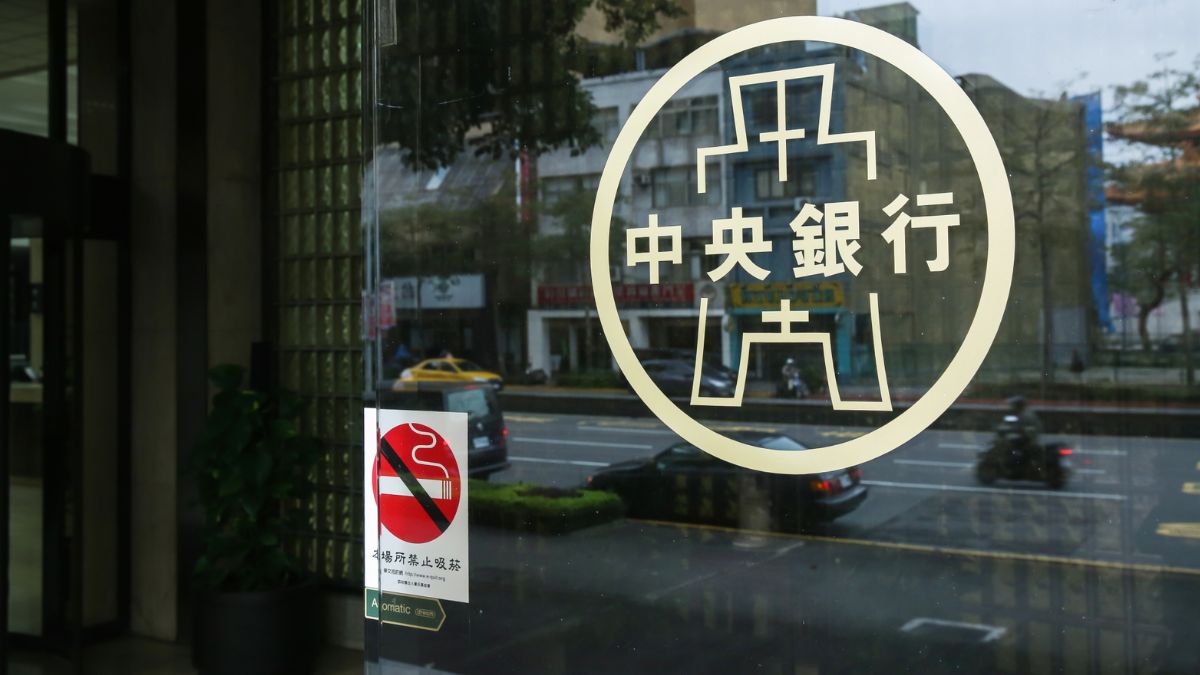In a decisive move to curb the rapidly overheating real estate market, Yang Jinlong, the president of Taiwan’s Central Bank, has intensified his efforts by holding a series of high-level meetings with executives from major state-owned banks. The initiative, which began last week, is set to expand as Yang prepares to engage with small and medium-sized private banks in the coming days.
Sources close to the Central Bank have revealed that these meetings are part of a broader strategy to implement stricter controls on real estate lending. The new measures, which are expected to be announced soon, will likely require banks to significantly reduce their lending positions in the real estate sector. This move is aimed at tempering speculative activities that have driven property prices to unprecedented heights in recent months.
The central bank’s actions come amid growing concerns that Taiwan’s real estate market is becoming increasingly unsustainable, with soaring property prices putting homeownership out of reach for many citizens. Yang’s proactive approach underscores the central bank’s commitment to maintaining financial stability and preventing the formation of a real estate bubble that could have severe consequences for the broader economy.
Market analysts suggest that the anticipated restrictions on real estate lending could lead to a cooling of the market, as tighter credit conditions may deter speculative buyers. However, some industry insiders warn that the new controls could also impact overall economic growth, as the real estate sector has been a significant driver of Taiwan’s recent economic performance.
As the central bank moves forward with its plans, the financial sector and real estate market participants are bracing for the potential ripple effects of these new regulations, which could reshape the landscape of Taiwan’s property market in the months to come.

